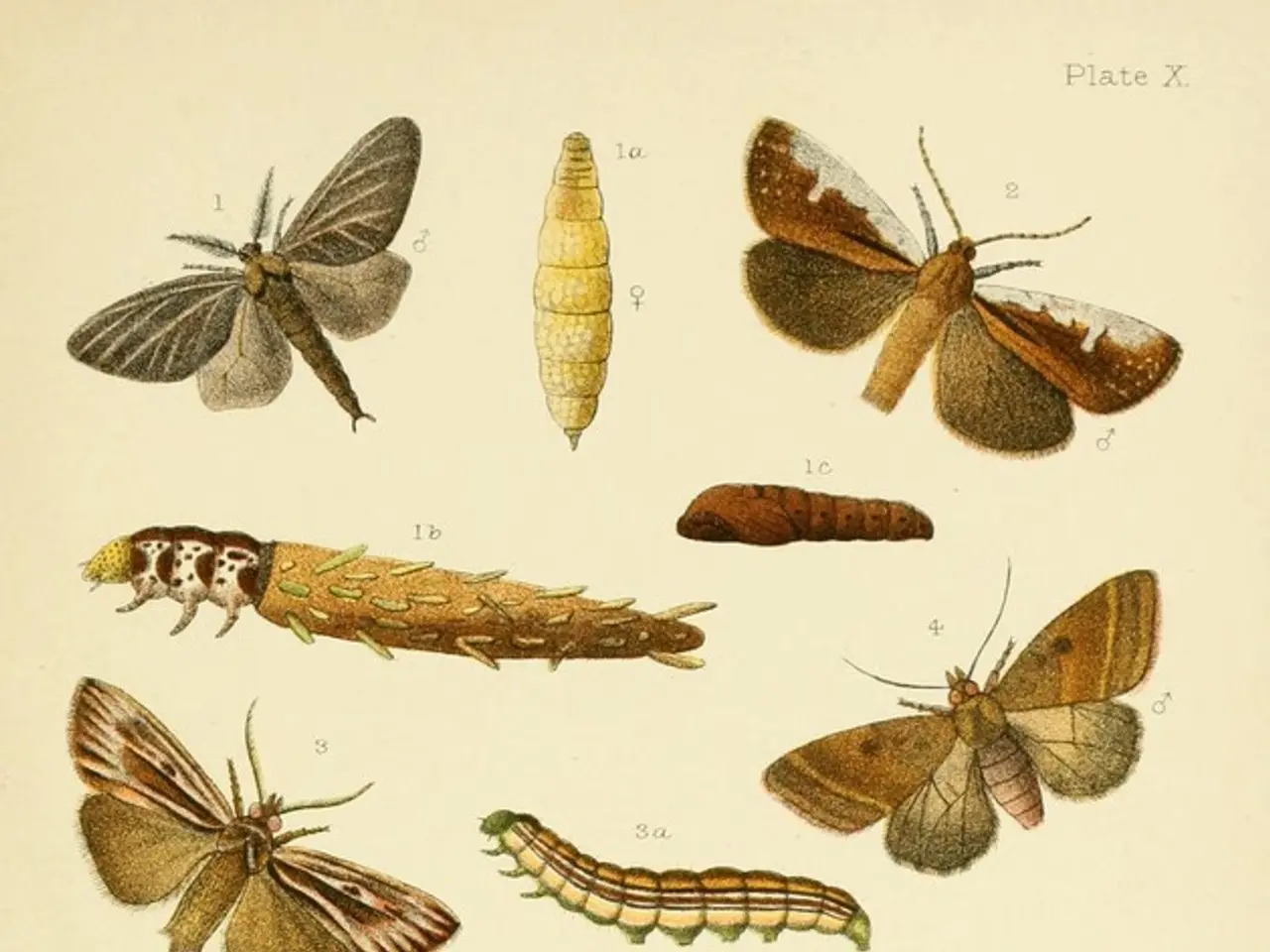The Emergence of Industry 4.0: The Contamination of Gene Modification
The Fourth Industrial Revolution, also known as the industrialization of biology, is currently underway, and with it comes a host of ethical and environmental challenges associated with CRISPR technology. This groundbreaking method of making precise changes to DNA is the signature invention of this new era, offering transformative potential in health, agriculture, and environmental sustainability. However, as highlighted by scholars and scientists, addressing ethical dilemmas and environmental risks is paramount to ensure the responsible development and application of this revolutionary technology.
One of the most pressing ethical challenges revolves around human germline editing and the potential for creating 'designer babies'. The ability to edit DNA in human embryos, eggs, or sperm raises profound ethical issues about permanently altering human DNA for traits like intelligence or appearance. The birth of gene-edited babies in China in 2018 intensified these debates and led to calls for moratoria on germline editing.
Safety concerns are another significant ethical issue. There is a risk of unintended genetic mutations (off-target effects) and genetic mosaicism (edited genes present only in some cells), which can cause unpredictable health problems. Immune reactions to CRISPR components also require further study. Inequality and accessibility are further ethical concerns, as advanced gene therapies may be accessible mainly to wealthy individuals or countries, raising issues of social justice and fairness in healthcare.
In the realm of environmental challenges, gene editing in plants, animals, or microbes poses risks of unintended ecological consequences, such as disrupting existing species interactions, gene flow into wild populations, and loss of biodiversity. The spread of edited genes beyond intended targets can have unpredictable effects on ecosystems and agricultural systems. Concerns also exist about the potential misuse of CRISPR-modified organisms as biological threats or weapons.
To mitigate these risks, strategies such as moratoria and cautious regulation, rigorous safety testing, informed consent and transparency, equitable access initiatives, ecological risk assessments, phage and microbial engineering for environmental solutions, and international collaboration are essential. A legal system that can adequately capture the deleterious or lasting impacts of CRISPR on another living being's existence or on the environment in which life-forms thrive is warranted.
Moreover, the lives of non-human animals are currently serving as the experimental landscape for these technologies. The optimism around the use of CRISPR is high, with researchers noting the ability to induce precise changes in the germline of livestock. However, the lack of acknowledgement of the agency of other organisms may be exacerbated by genetic-engineering technology, as seen in the branding of genetically modified animals as products.
In conclusion, while CRISPR offers immense potential, addressing ethical dilemmas—particularly around human germline editing and societal equity—and environmental risks like ecosystem disruption is crucial. Combining cautious governance, robust safety research, ethical transparency, and ecological stewardship are essential strategies to mitigate these challenges effectively.
- The ethical challenges associated with the Fourth Industrial Revolution, specifically in the medical-industry, revolve around human germline editing, which raises concerns about creating 'designer babies' and permanently altering human DNA for traits like intelligence or appearance.
- Safety concerns in the environmental-science sector are considerable due to the risks of unintended genetic mutations, genetic mosaicism, and immune reactions to CRISPR components, which can cause unpredictable health problems or ecological consequences.
- In terms of finance and lifestyle, aligning healthcare with principles of social justice and fairness is necessary as advanced gene therapies may predominantly become accessible only to wealthy individuals or countries.
- As technology advances in the general-news arena, it is essential to address ethical issues surrounding the agency of other organisms, particularly non-human animals, which are currently serving as the experimental landscape for gene-editing technologies.




